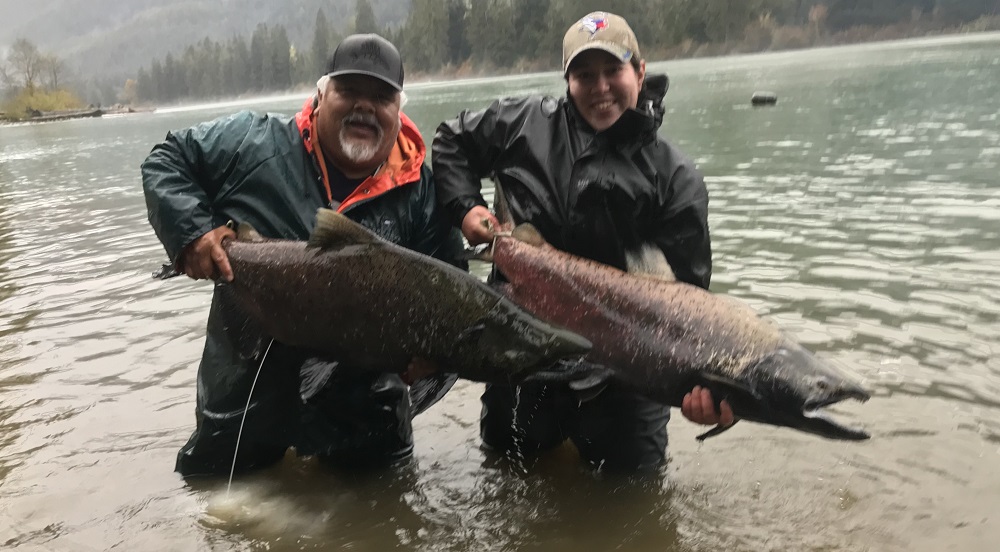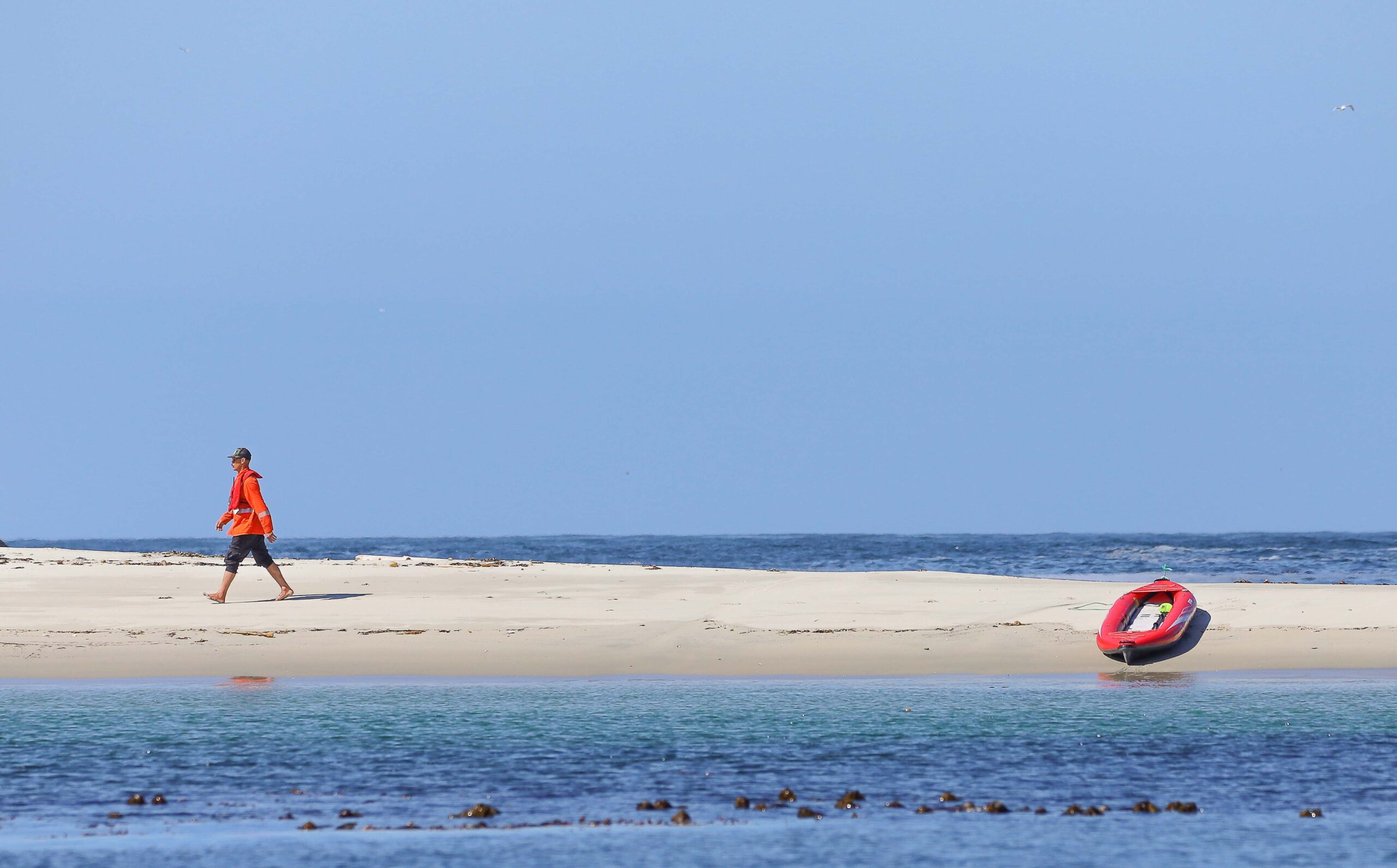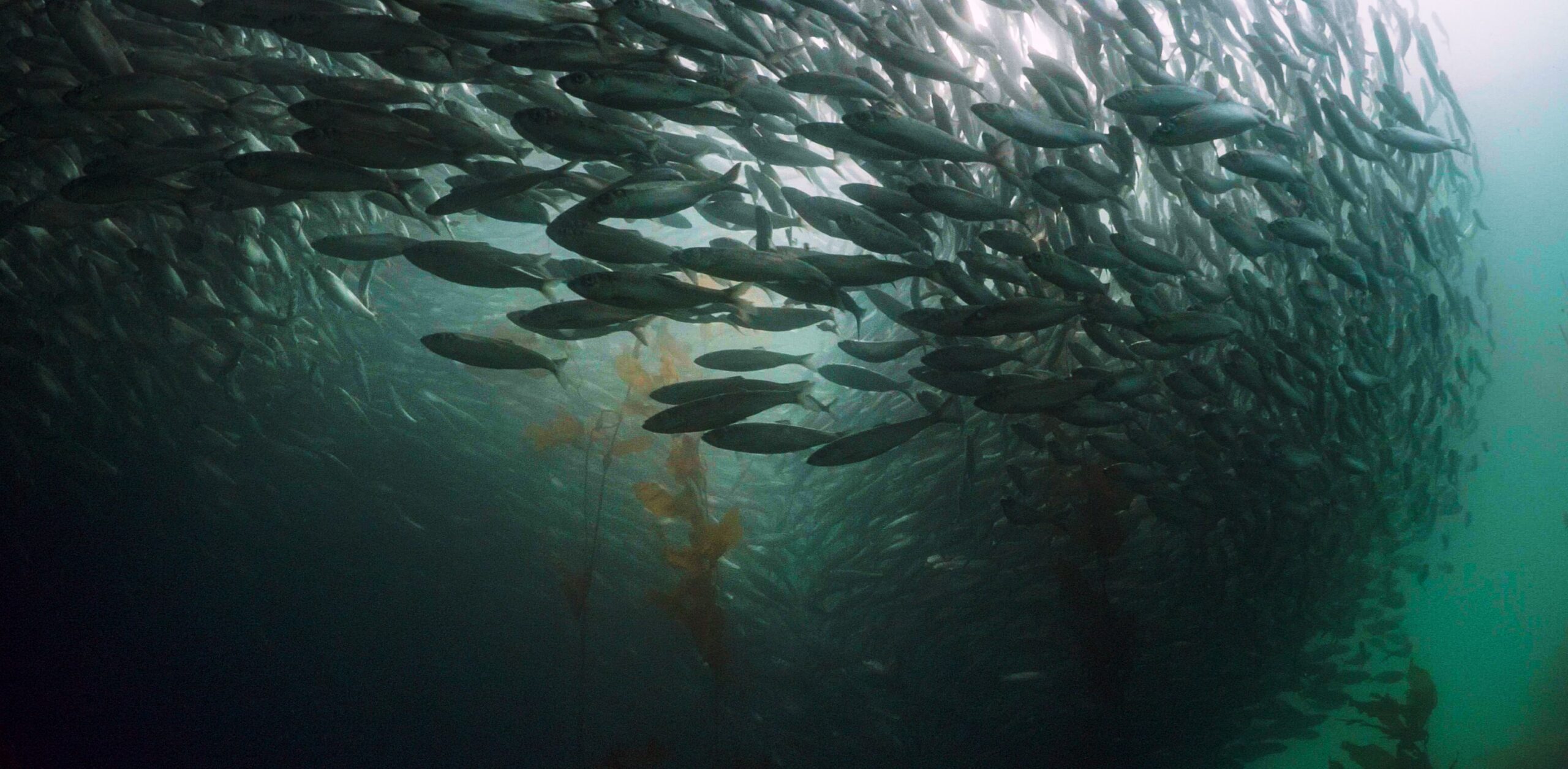The biggest fish that hereditary chief and fish guide Ted Walkus ever landed on his boat was a 72.5-pound Chinook
salmon caught and released by a guest on August 24, 2012. But Walkus wasn’t able to lay claim to the biggest catch that day. Three hours earlier a woman from Ontario, who had never fished a day in her life, landed an 83-pound Chinook.
Fish stories of this magnitude are not unusual for the Wannock River that runs through the heart of the traditional territory of the Wuikinuxv Nation. Legendary in size, the Chinook that swim these waters are some of the biggest salmon in the world.
In fact, if you catch a Chinook over 40 pounds anywhere on the coast from Alaska to California, there’s a 90 per cent chance it’s from the Wannock or the Kitsumkalum River in Tsimshian territory near Terrace, BC.
Concerned about the future of these big fish, the Wuikinuxv Nation joined with partners in 2016 to build the Percy Walkus Hatchery in River’s Inlet to preserve the species for generations to come. When asked what the biggest threat to salmon is, Walkus responds, “Humanity.” He points to past logging, commercial fishing and sport fishing practices, and cautions: “We have to look at the whole picture rather than just a portion of it.”
Born and raised in Wuikinuxv territory, Walkus has spent a lifetime fishing in River’s Inlet. His late Uncle Percy Walkus started the Oweekeno Hatchery north of Wuikinuxv Village that closed in 1995. “I’ve always looked for a champion to bring some awareness to these beautiful animals,” says Walkus. He found his champion in Paralympian Rick Hansen and brought him to River’s Inlet. “Rick’s a wonderful man. An avid fisherman and conservationist.”
“I told him my dream was to start another hatchery in our community,” the Hereditary Chief explains. “Not only to help salmon but to make a difference for the people who live in River’s Inlet.” In what Walkus describes as a “true partnership,” the Nation built the Percy Walkus Hatchery with support from the Rick Hansen Foundation, Good Hope Cannery fishing resort, Duncanby Lodge and Pacific Salmon Foundation. It was named to honour his uncle’s dedication to salmon conservation.
The first eggs were extracted from the Kilbella and Chuckwalla Rivers in 2016 where the fish numbers were so low. “It took us two weeks to catch 60,000 eggs out of the two systems,” says Walkus. Fast forward four years and 120,000 eggs were harvested in only four days. “It just goes to show you if you give these fish a little bit of help, they’re going to rebound.”
While last year’s egg take in the Wannock River was down, Walkus is excited about this year’s return. “It’s a bittersweet thing. COVID-19 will shut down a lot of lodges north of us so we’ll see whether our Chinook get caught as they swim past.” About one per cent of the released fry return every year. “If we get one per cent back, we’re happy,” Walkus explains. “We don’t want to overpopulate the river with hatchery fish.”
The local fishing lodges have also adopted a 100 per cent catch-and-release policy. “We used to celebrate who killed the biggest Chinook, now we celebrate who released the biggest fish.”
Is Walkus optimistic about the recovery of the king of salmon?
“It’s really interesting to see that if you give salmon a chance, if you have a river you can put a hatchery in, it’s possible,” he says. “We did it here in our little community of River’s Inlet. I encourage other Nations to do the same.”


